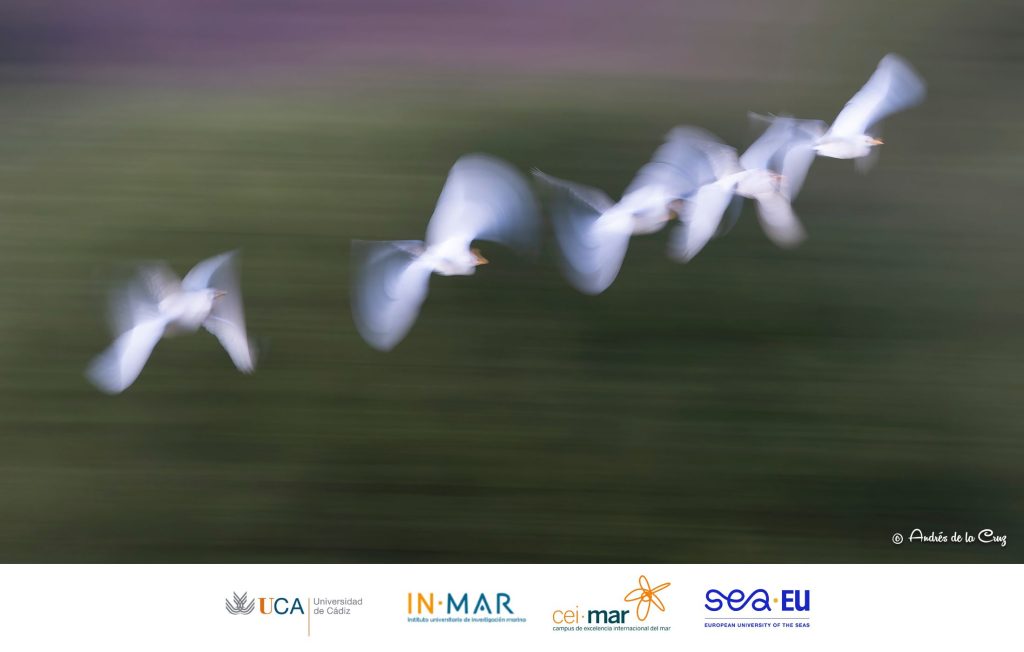Andrés de la Cruz publica un nuevo artículo sobre la disminución del hábitat para aves en el Delta del Ebro 10 October 2024
Nuevo artículo científico del investigador del INMAR-UCA Andrés de la Cruz titulado: Habitat availability decline for waterbirds in a sensitive wetland: Climate change impact on the Ebro Delta
Las zonas ricas en biodiversidad, productivas y vulnerables, como los humedales costeros, están cada vez más amenazadas por las perturbaciones inducidas por el hombre, que provocan la pérdida de estos hábitats. Esta pérdida de hábitat es un factor crítico del declive de la biodiversidad e influye significativamente en la distribución y el comportamiento de las especies, aumentando el riesgo de extinción.
Por eso en este articulo han desarrollado un Modelo de Distribución de Especies (SDM) utilizando un conjunto de datos tomados durante 10 años sobre la presencia de grupos de aves acuáticas en el Delta del Ebro, con especial atención a la familia Ardeidae, que representa a las especies más prominentes en el humedal.
El objetivo de este modelo es predecir la pérdida potencial de hábitat bajo diversos escenarios de cambio climático, concretamente los descritos en las Vías de Concentración Representativa (VCR) 4.5 y 8.5 del Grupo Intergubernamental de Expertos sobre el Cambio Climático (IPCC), a lo largo de tres periodos de tiempo distintos.
Si quieres más información sobre esta publicación puedes escribir a: andres.delacruz@uca.es


